What I think has become of a hallmark of good social business is the commitment to being local — local in impact, local in patronage, and local in its employees and founders. The problem of “parachuting in” plagues nonprofits whose reach extends beyond that of a community, like a city or town. Without local knowledge or understanding the deep-rooted histories that have created problems of systemic poverty or injustice, large non-profits run the risk of throwing money aimlessly toward unsuccessful solutions or, even worse, furthering the harm already being done to the community in need. Social businesses place themselves, physically, in the midst of a neighborhood or a community. Their physical address, their employees, and oftentimes their homes exist within the area they hope to serve.
Detroit, increasingly, is becoming the home to an eclectic bunch of social businesses whose innovative solutions to social and environmental injustices are giving a new hue of hope to a city in need. Just the fact that a business can survive starts a new chapter in Detroit’s narrative.
But the GG doesn’t just benefit its business community and the environment. It also benefits the greater community of pedestrians and passersby with its innovative “Green Alley”. Back alleyways are often the scenes of horror films and real crimes. Just the word, alley, evokes an image of a space badly lit and trashed with refuse. The GG reimagined the back alley by creating a space that is well-lit (thus, safer), permeable to rainwater (assisting both the environment and the ever-stressed Detroit storm water system), and lined with native plants for uplifting aesthetics and a positive environmental impact.
In another effort to impact its community, the Green Garage hosts a weekly “Brown Bag Lunch” open to all. During this time, the “businesses-in-residence” will introduce themselves as will visitors at a friendly “get to know you” session. Then, depending on the week, either a topic is put on the table to spur on discussion or one of the businesses makes a presentation on some of their innovative new work. Most recently, the Mayor Duggan of Detroit spoke on the “Spirit of Detroit”, which was quite the surprise to get to see him!
The story of the Green Garage is an inspiring one. Businesses cohabitate in a community composed of members diverse in passions and expertise, yet committed to the values of social impact and environmental stewardship. Even the fact that the Green Garage exists affords the city of Detroit a whole slew of positive outcomes because it acts as the home to these 53 social businesses, many of which might not have even gotten off the ground without a space to work.
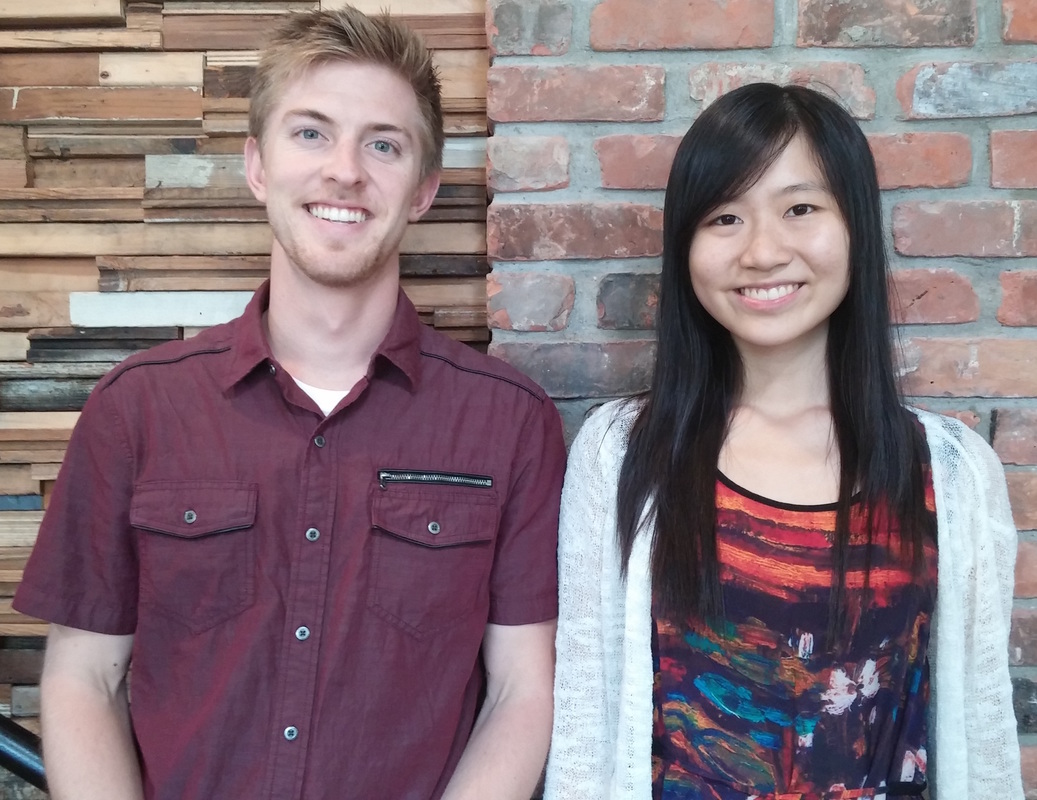
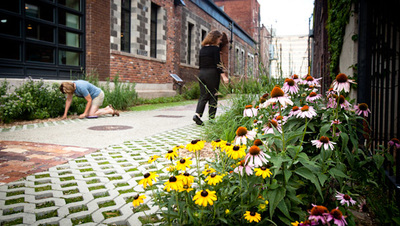
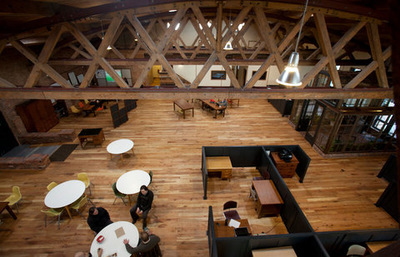
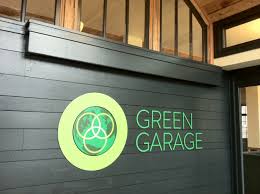
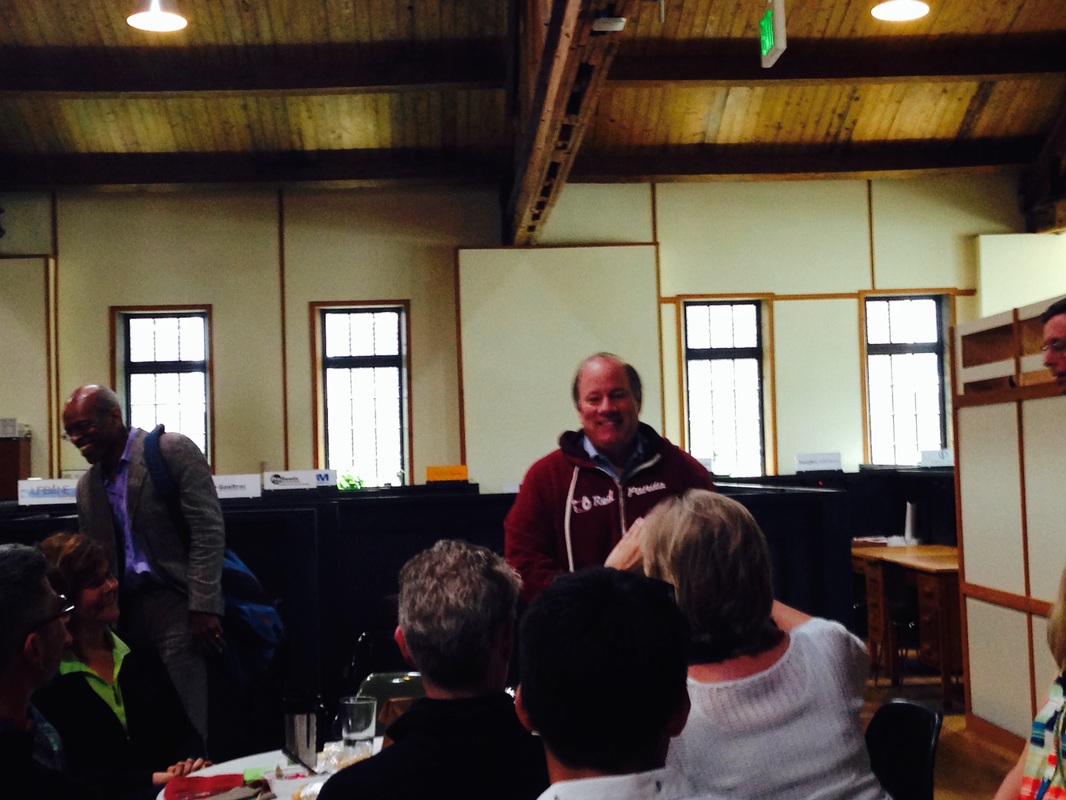
 RSS Feed
RSS Feed
